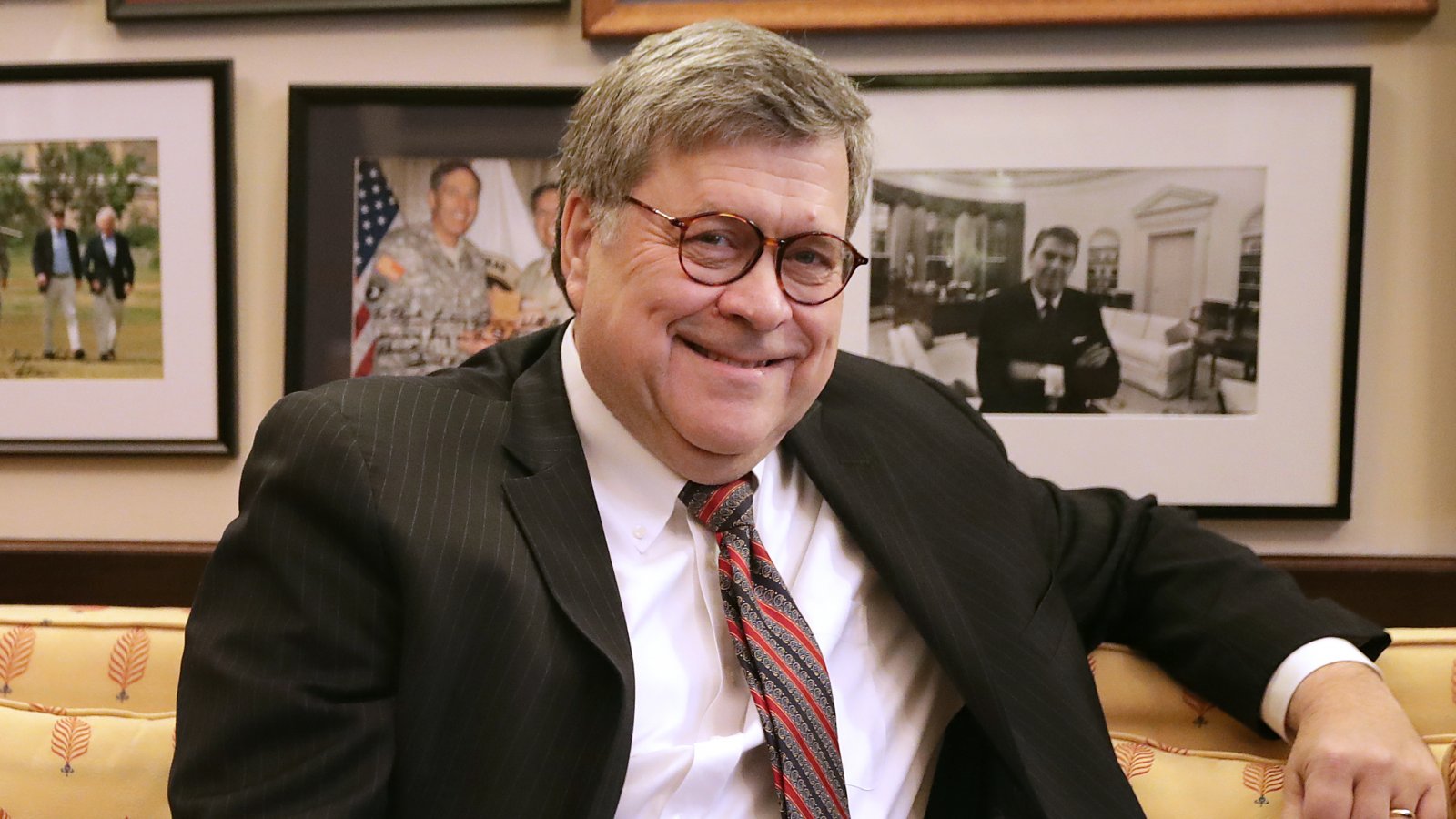
Attorney General William Barr not only will be expected to share Special Counsel Robert Mueller's final findings when complete, but he also is required to tell Congress if the Justice Department ever rejected a Mueller request during the course of his investigation.
The reporting requirement is tucked into the department regulations that Deputy Attorney General Rod Rosenstein used when he appointed Mueller. No matter what the memo says, it’s expected to be one of the few items on a fast track for being made public that will be closely scrutinized for insights into the inner workings of the special counsel’s tight-lipped investigation.
Barr’s report could very well end up being blank, which itself would be a telling reveal that gives President Donald Trump and the leaders of the Justice Department he appointed tangible proof that the special counsel was allowed to carry out his investigation without interference.
(...)
“Either way, it’s significant,” said Sol Wisenberg, a former deputy on independent counsel Kenneth Starr’s investigation of President Bill Clinton. “Assuming Mueller doesn’t indict anybody else, Trump will be able to say this guy wasn’t kept at all from going anywhere he wanted to go. So I think that’s a big deal.”
“On the other hand,” Wisenberg added, “if he was kept from going somewhere, that’s a big deal too. The Democrats will make a big deal about that. I think it’s important either way.”
(...)
The special counsel answers to a small group of Trump-appointed Justice officials, led first by Rosenstein, then acting Attorney General Matthew Whitaker and, most recently, Barr.
Each of Mueller’s bosses had the authority to say no to the special counsel on any of his investigative or prosecutorial steps if they determined such a move was “so inappropriate or unwarranted” that it crossed “established departmental practices,” according to the regulations. But under those rules, they also were required to give the special counsel’s views “great weight” whenever there was a disagreement.
As a backstop, any and all instances in which Mueller’s supervisor rejected a proposed action must be compiled into an explanatory report delivered to the Democratic and Republican leaders of the House and Senate judiciary committees when the special counsel closes up shop.
In interviews with more than a dozen lawmakers, as well as attorneys who have worked on the Russia investigation and other legal experts, the majority view is that the report about any disputes could be all but blank — indicating that none of Mueller’s moves was denied by his superiors.
(...)
While there is less concern that Rosenstein interfered improperly in the investigation, given that he first appointed Mueller, Democrats have directly questioned whether Whitaker took any actions on behalf of the president to suppress Mueller’s investigative track. Whitaker himself could come away vindicated when the special counsel completes his work if there’s nothing to report, which would line up with recent congressional testimony he gave in which he denied taking such actions.
(...)
The top Republicans and Democrats on the House and Senate judiciary committees will be the first members of Congress to be notified when Mueller’s work is done, but all the special counsel himself is required to do under department regulations is give a confidential report to Barr detailing whom he has prosecuted and whom he declined to bring charges against. It’s then up to the attorney general to make anything from Mueller’s work public, and the most Barr has said on the topic is a vow during his Senate confirmation hearing to release a summary document.
House Judiciary Chairman Jerry Nadler, meanwhile, has threatened to issue a subpoena for the special counsel’s full report. The only acceptable redactions, the New York Democrat told POLITICO, are the most sensitive Justice Department “sources and methods, and certain grand jury information that’s secret by law.”
The Mueller report no one’s talking about (Politico)